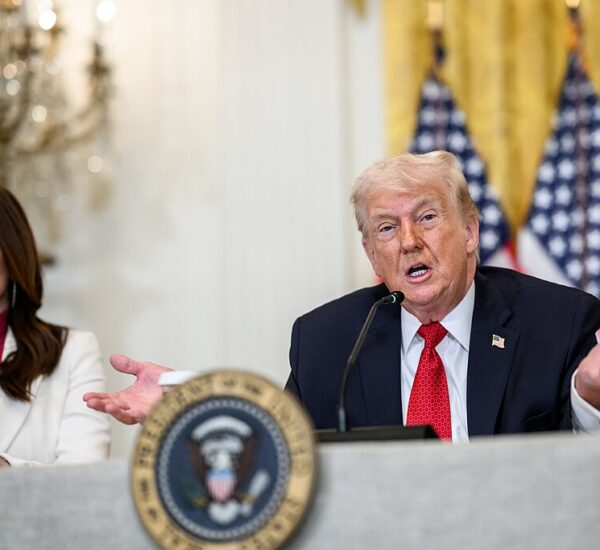Senate Tries To Stop Trump
In a razor-thin 15–14 vote, the Senate Appropriations Committee passed a controversial amendment Thursday designed to stop President Trump from relocating the FBI headquarters to downtown Washington, D.C.—a move many see as common-sense modernization.
Instead, Democrats are pushing to force the agency to move to Greenbelt, Maryland, the same site selected by the Biden administration in 2023—a location mired in conflicts of interest and deep state backroom dealings.
Shockingly, Republican Sen. Lisa Murkowski of Alaska broke ranks to join Democrats, saying she wanted more time to “review the analysis.” But critics argue this is just another delay tactic to undercut Trump’s efforts to rein in waste and take back control from entrenched D.C. bureaucrats.
Sen. Chris Van Hollen (D-MD), the architect of the amendment, refused to allow a pause for additional information. He accused Trump officials of trying to “snatch” $555 million in funding and use it to refurbish the Ronald Reagan Building for FBI use—a cost-saving move that would keep the FBI close to where the action is.
Van Hollen’s complaint? That Trump didn’t conduct a lengthy “analysis” before making a common-sense decision—yet conveniently ignored the fact that the Greenbelt site itself is under federal investigation.
The Inspector General is already looking into whether a conflicted reviewer—who once worked for the Metro authority that owns the Greenbelt land—tainted the process. Sound familiar? Another classic example of the Biden-era swamp protecting its own.
Trump’s team wants the FBI in a secure, modernized location in central D.C.—not tucked away in the suburbs. The current J. Edgar Hoover Building is falling apart, draped in netting to catch debris, and lacks the security upgrades needed in today’s world.
But Democrats seem more concerned with scoring political points than securing the homeland—or using taxpayer dollars wisely.
This budget fight is part of a broader showdown over funding bills Congress must pass before the end of September to avoid another shutdown. While Senate bills show signs of bipartisanship, the House is holding strong on conservative spending proposals—setting the stage for a major clash this fall.
If Democrats keep playing political games with national security and critical infrastructure, don’t be surprised if another stopgap bill kicks the can down the road into Fiscal Year 2026.





